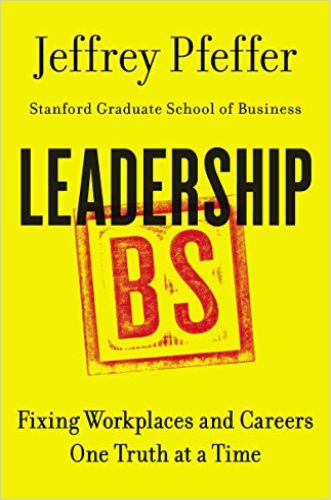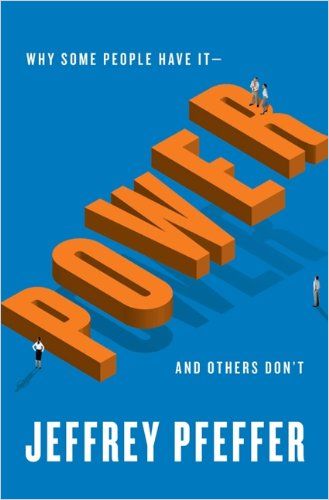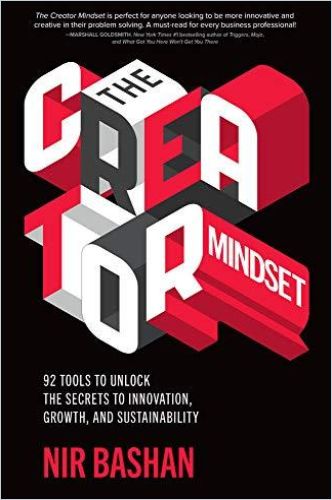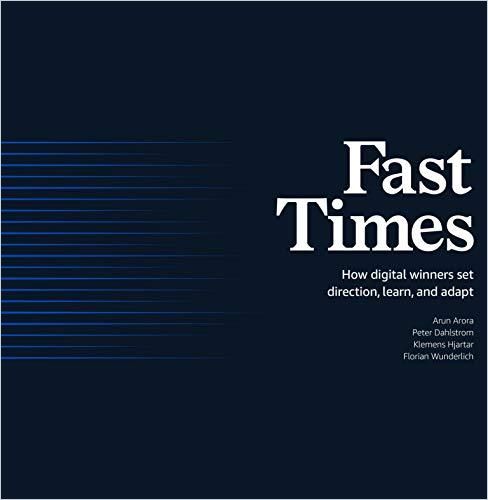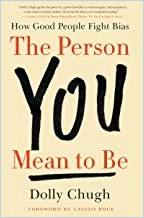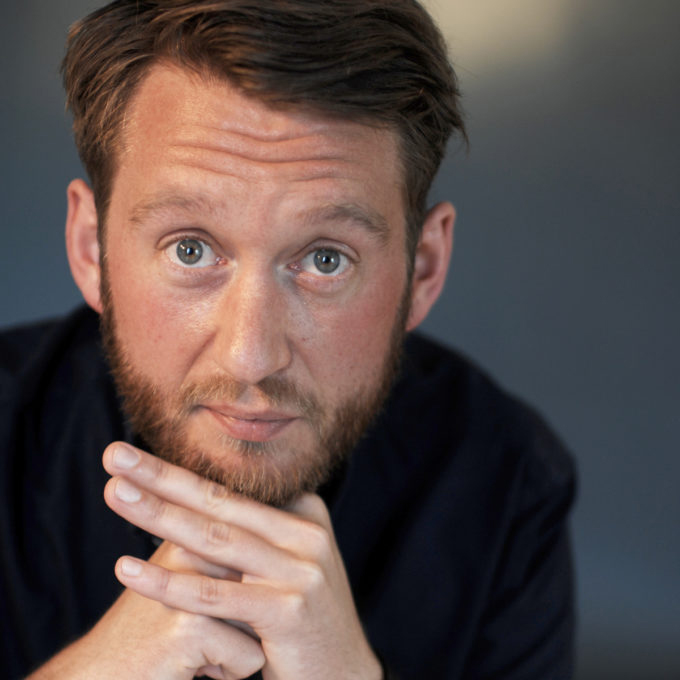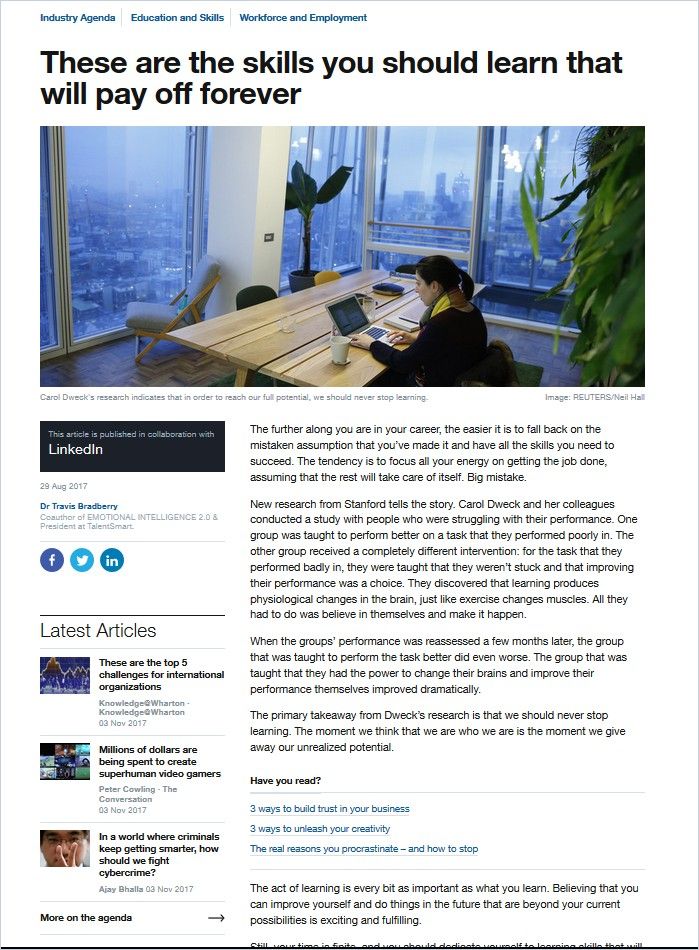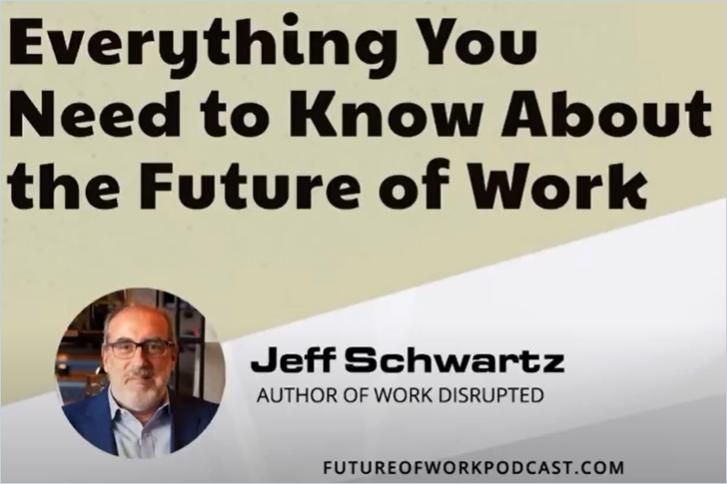Carol Dweck

Carol Dweck is an American psychologist. She is the Lewis and Virginia Eaton Professor of Psychology at Stanford University, and a Fellow of the Association for Psychological Science.
Dweck is known for her work on mind-set.
1. Carol Dweck’s Key Findings and Messages
- People have either a fixed or a growth mind-set.
- People who believe their personal qualities are unchangeable have a “fixed mind-set.”
- People who believe they can improve or change their personality traits over time have a “growth mind-set.”
- Mind-sets produce definite worldviews, but they can be changed.
2. Why Do They Matter?
Carol Dweck’s findings are the foundation of many modern learning initiatives because the message that “everyone can deal with change productively by learning and evolving” is the antidote to VUCA panic-mongering and fears about one’s place in a rapidly changing world.
Carol Dweck deserves a big audience. It is criminal if she does not get that audience.
Malcolm Gladwell
Dweck’s research recently became the cue for an entire, fast-growing learning economy – and its insights are especially valuable in increasingly hybrid work and learning spaces.
3. To Understand Dweck’s Work, Start Here
Carol Dweck’s book Mindset has sold millions of copies since 2006 and is the standard work on the subject. Learning departments of all major companies quote it endlessly, and although flimsy derivations and poor copies of the book’s ideas are enormously popular in the coaching and learning book market, none even come close to the original.
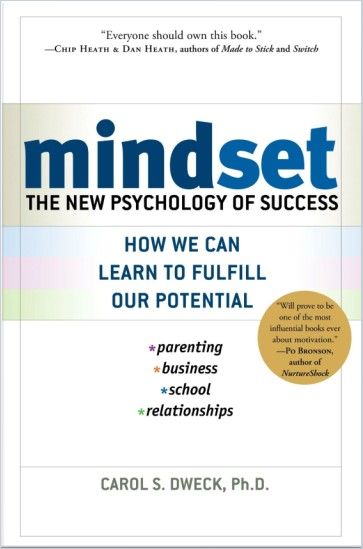
Highlights:
- People have either a fixed or a growth mind-set.
- People who believe their personal qualities are unchangeable have a “fixed mind-set.”
- People who believe they can improve or change their personality traits over time have a “growth mind-set.”
- People with a growth mind-set believe that the future presents an opportunity to grow, even during challenging times.
- Coaching and teaching about mind-set are the best ways to boost self-esteem.
- Learn more.
Nigel Holmes designed a great infographic for Stanford Magazine to illustrate the types of mind-sets:
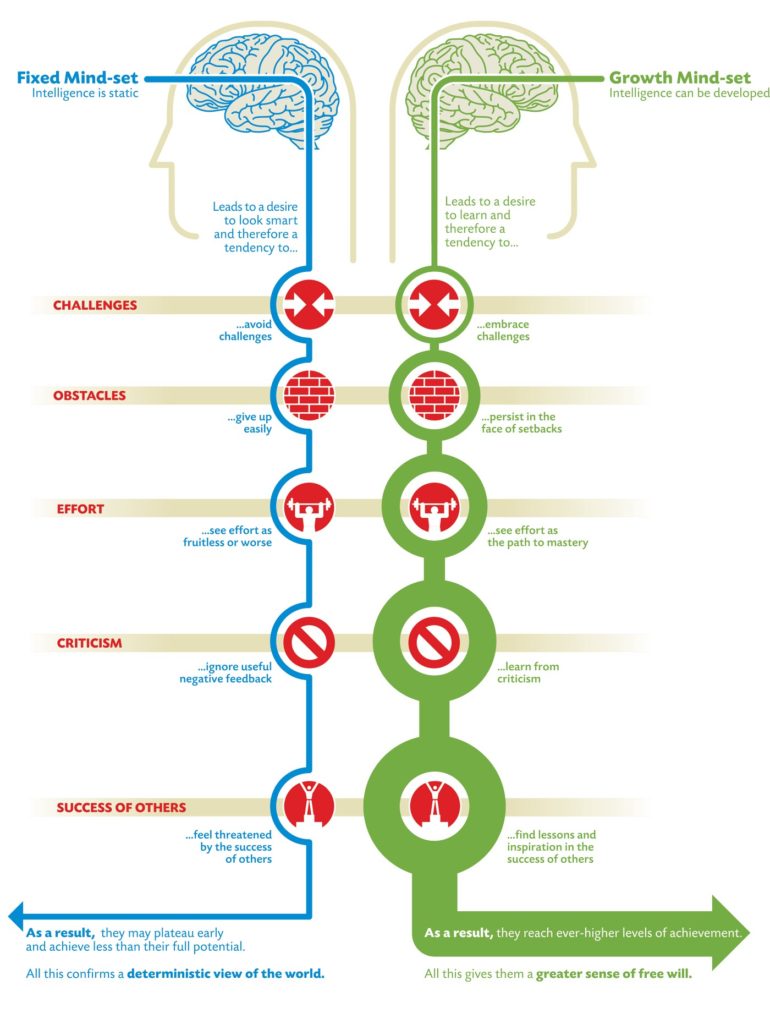
Mind-sets frame the running account that’s taking place in people’s heads.
Carol Dweck
4. Practical and Quick Insight: Carol Dweck’s Talks
Carol Dweck’s lectures on mind-set can be broadly divided into two types: On the one hand, the contributions that explain the essence of mind-sets, and on the other hand, those that explain how to develop a growth and learning mind-set – which have enormous advantages over the fixed mind-set. Because we’ve already covered most of type one, the theory, in the summary above, we’ll focus here with two presentations on cultivating a growth mind-set – and what benefits it brings.
People with a growth mind-set:
- Believe intelligence can be improved.
- Put in more effort to learn, because they believe effort leads to mastery.
- See failures as temporary setbacks.
- View feedback as a source of information, and as an opportunity to learn.
- Willingly embrace challenges.
- View others’ success as a source of inspiration.
People with a fixed mind-set:
- Believe intelligence and talent are given and static.
- Avoid challenges to avoid failure.
- Ignore feedback, or view it as personal criticism.
- Feel threatened by the success of others.
- Hide flaws so as not to be judged by others.
- Believe putting in effort does not pay off.
- Give up easily.
- Whether you’re dealing with children or colleagues: Praise them! But praise wisely: Do not praise intelligence or talent.
- Instead, praise the process that people engage in, their effort, their strategies, their focus, their perseverance, their improvement. This process praise creates people who are hardy and resilient.
- Using the words “yet” or “not yet” (when kids did not yet pass a test or colleagues did not yet deliver on a goal), Dweck’s team found out, give people greater confidence, give them a path into the future that creates greater persistence.
- Every time you push out of your comfort zone to learn something new and difficult, the neurons in your brain can form new, stronger connections, and over time, you can get smarter.
We are born to learn.
Carol Dweck
Carol Dweck’s research initially had nothing to do with the business world but was primarily concerned with the education of children and their success in learning.
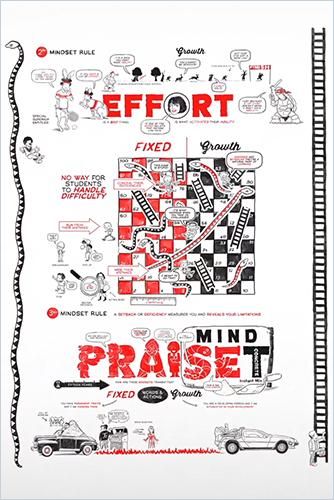
Since many foundations for the rest of life are laid during adolescence, and that also applies to the mind-set, Dweck can tell you profoundly what you should and should not do as a parent if you want to prepare your kids for a bright future:
Highlights:
- Children typically have either a growth mind-set – that is, they believe they can improve their intelligence with effort – or a fixed mind-set – that is, they believe their intelligence is unvarying over time.
- A focus on learning, an acceptance of mistakes as part of the learning process and a belief in effort as a means of improvement characterize a growth mind-set.
- A focus on seeming clever, a desire to hide deficiencies and a belief that effort is a sign of inability define a fixed mind-set.
- The type of praise a child receives influences mind-set. Praising intellect nudges children toward a fixed mind-set. Praising effort inspires a growth mind-set.
- Thus, parents ought to celebrate their kids’ efforts and struggles from infancy.
Telling children they’re smart, in the end, made them feel dumber and act dumber, but claim they were smarter.
Carol Dweck
6. Additional Resources by Topic
- How fixed is your mind-set? – If you’re unsure right now whether you’re on the dark or light side of the Force – fixed vs. growth mind-set, then here are 15 examples you can use to find out.
- How to cultivate a growth mind-set – Learn to read mistakes as clues to new learning and development opportunities. Listen nonjudgmentally to others, focus your limited time and energy on important tasks, get high-quality sleep and push yourself out of your comfort zone often – this will cultivate an optimistic outlook and have an impact on your (professional) life in days rather than in weeks. Read more.
- Future jobs – The right mind-set emerges as a core qualification for the next world of work. Gary Bolles, chair for the future of work at Singularity University, said in an exclusive interview with getAbstract, “People with an optimistic and can-do kind of mind-set can often overcome whatever lack of skills they may need to make up for. Your mind-set, therefore, becomes either the accelerator or the barrier to meaningful change.”
- Culture plays an important role in shaping our beliefs and mind-sets, Dweck says – That’s why places, and organizations, that foster shared learning and discovery become places of innovation. And places where a culture of control and fear prevails become barren deserts for creativity. Read our Great Expeditions reading list to find out how to navigate cultural change in your organization.
- Performance management – Business school professor Jeffrey Pfeffer, author of Leadership BS and Power, says Dweck’s research reveals that too many businesses spend way too much time “in rank-and-yank mode, grading and evaluating people instead of developing their skills. It’s like the Santa Claus theory of management: who’s naughty and who’s nice.”
- Schools – Carol Dweck thinks that “school should be challenging and rigorous.” But, according to her, one “should teach kids to love learning, to love challenges” and to “relish the improvement that they see.” What she appreciates less, however, is constant testing of the children, because: “The end product of years and years of learning how to take a test is that you’re not an educated student who is going to know how to deal with the world.”
- Cult status – There are plenty of practical business books that develop Carol Dweck’s concept and make it practical to follow. Look through our reading list to learn about the best ones:
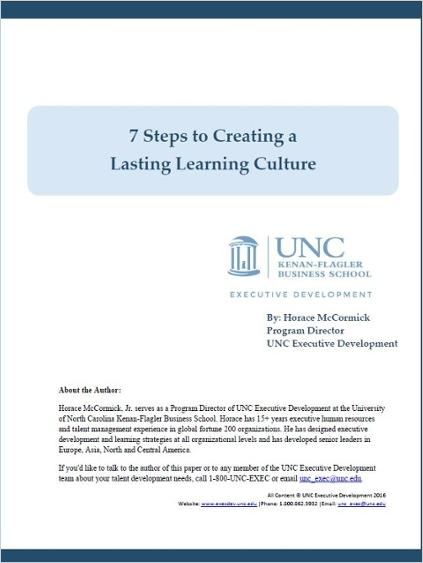
7 Steps to Creating a Lasting Learning Culture
UNC Kenan-Flagler Business School Read Summary- Authors who have similar ideas and represent the same values:
In the fixed mind-set, the loss of one’s self to failure can be a permanent, haunting trauma.
Carol Dweck
7. Deep Dive: Mind-set and Learning in the Workplace
Find out more about Carol Dweck’s main topics in our related Journal articles:
About Our Thought Leader Profiles
Biographies can be found on Wikipedia. What you find here are instant practical insights into the thinking of important contemporaries – with handy references to the summaries of their works at getAbstract, of course.
